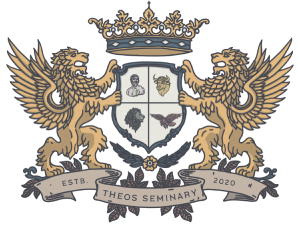
13 Courses

Books of The Bible
This course is a survey of the canonical books of the Old and New Testaments. Students will learn how the Bible was written and learn how to read Scripture using healthy methodologies. They will do this while surveying each book of the Bible individually and canonically.

Catechism
This course is a general introduction to the orthodox historic Christian faith. It covers essential Christian doctrines as well as the Apostle’s Creed, the Nicaean Creed, the Sacraments, the Commandments, and the Lord’s Prayer.
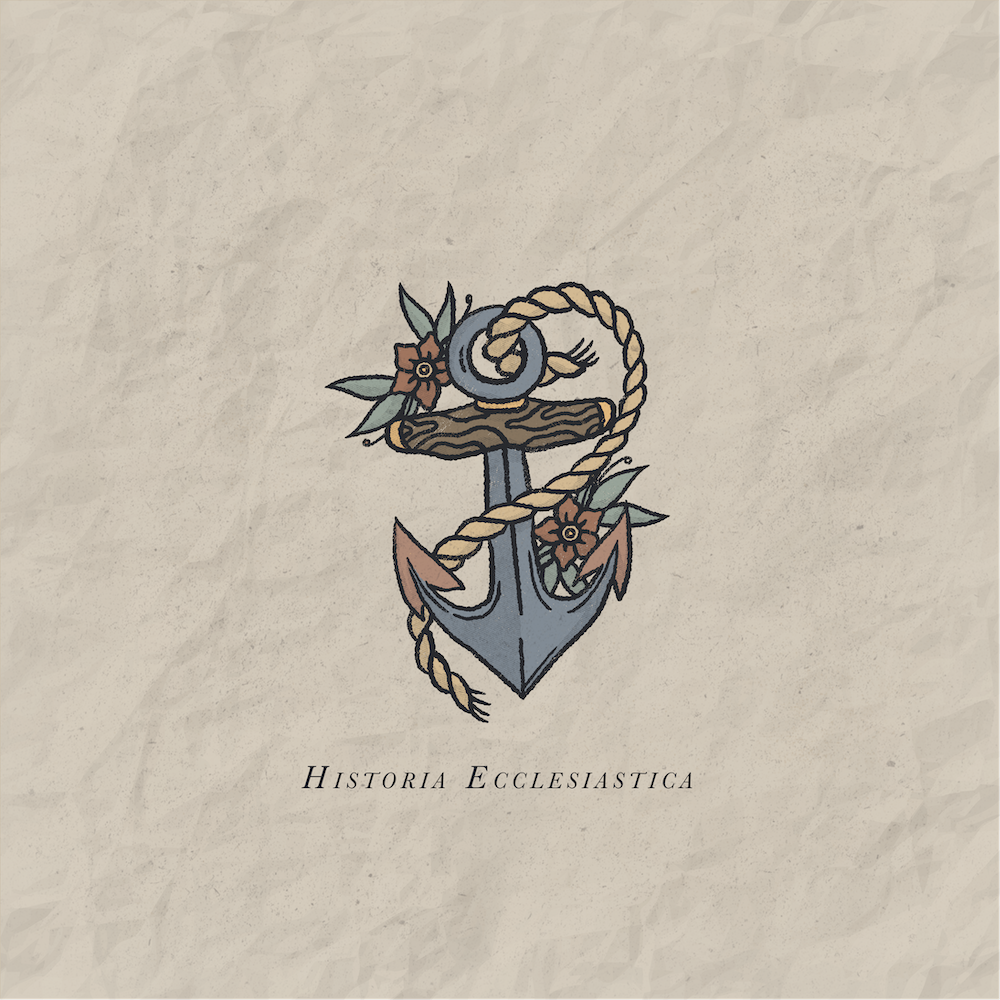
Church History I
This
course is a historical survey of Church history from the first century to the
eleventh century. It will cover key figures and events from the resurrection of
Christ to the Great Schism of 1054.
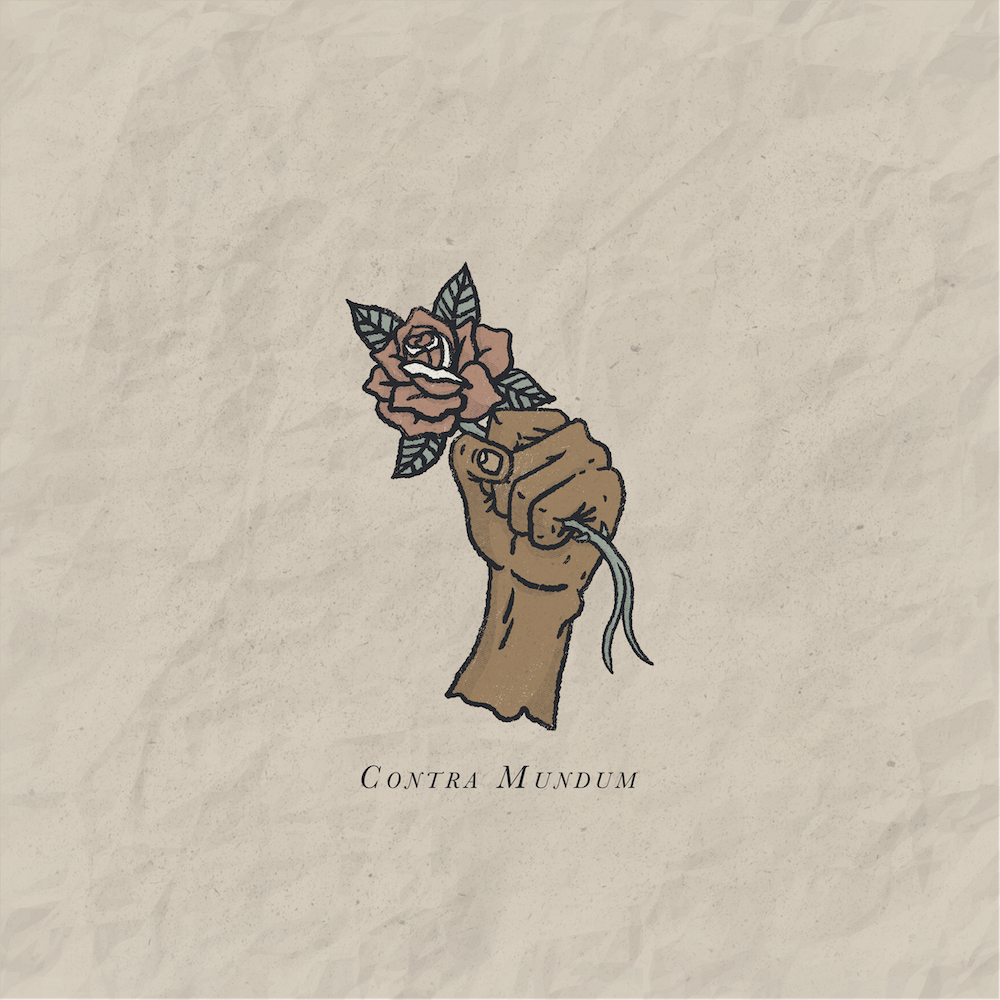
Contra Mundum
This course is a topical study of highly controversial cultural topics with theological
underpinnings.
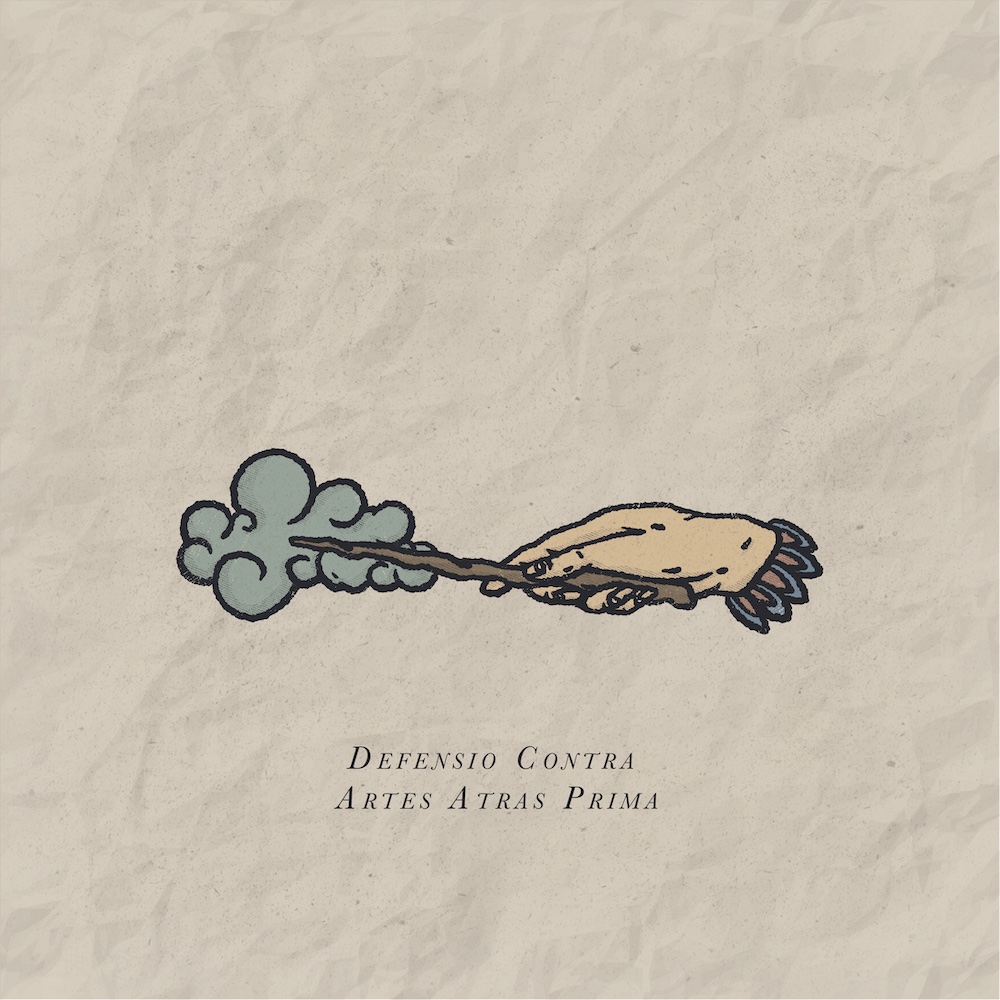
Defense Against the Dark Arts I
This course is a topical study of areas of doctoral debate. Special attention will be given to places of current and popular deconstruction, with historic Christian answers.

Faith
This course explores the subject of biblical faith and how it develops throughout the canon. It focuses on Abrahamic faith in the Old Testament and how his faith came to be understood in the New Testament. This orients students toward how faith should be applied today.
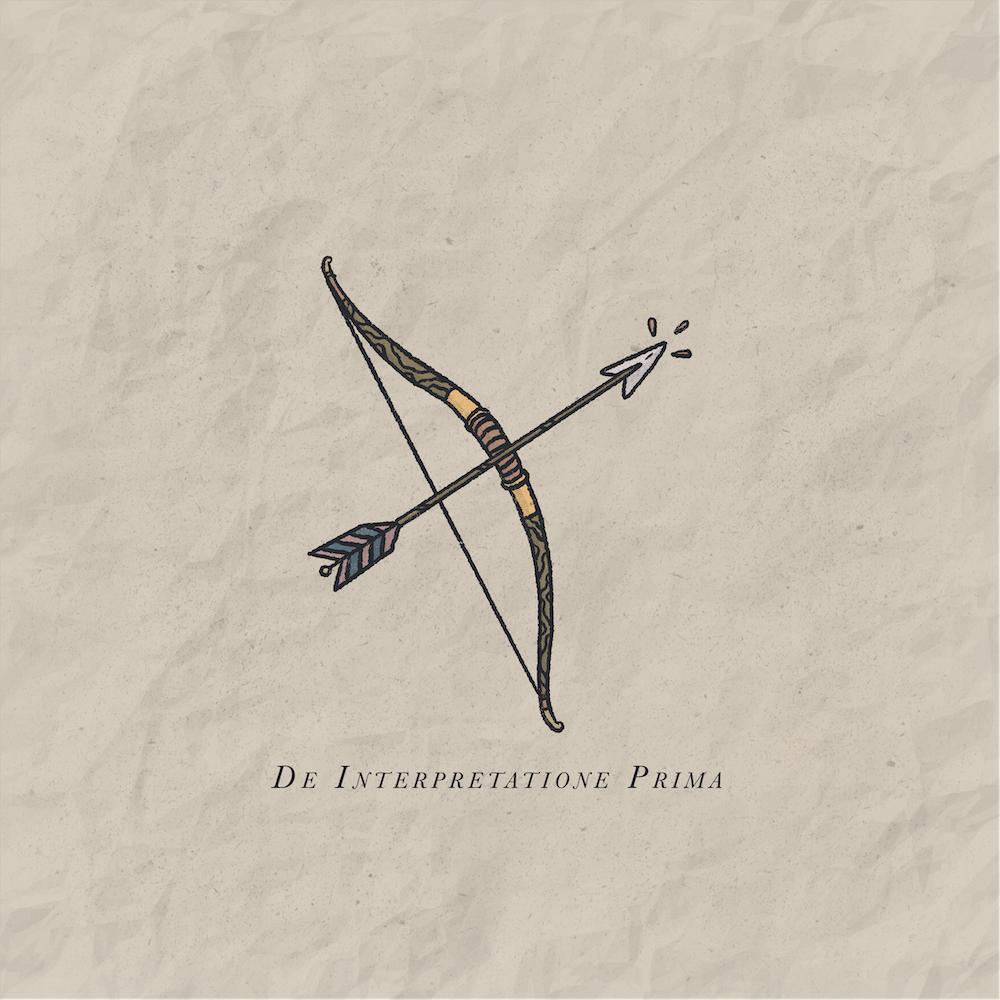
Hermeneutics I
This course is an introduction to biblical interpretation which orients students to the art and science of interpretation, as well as the history of biblical interpretation. It seeks to familiarize students with various methodologies of biblical interpretations as well the various genres of biblical literature.

Introduction to the Pentateuch
This course is a survey of the first five books of
the Old Testament, the Pentateuch. It offers an overview of the Pentateuch, followed
by an individual survey of each book (volume). This exploration notes how the
five books (volumes) function together as well as exploring the individual
contribution they each make.

Leadership
This course is an introduction to Christian leadership. It includes a general overview of various aspects of Christian leadership from diverse leaders in the church. These aspects include calling, priority, spiritual gifting, and practical church leadership.
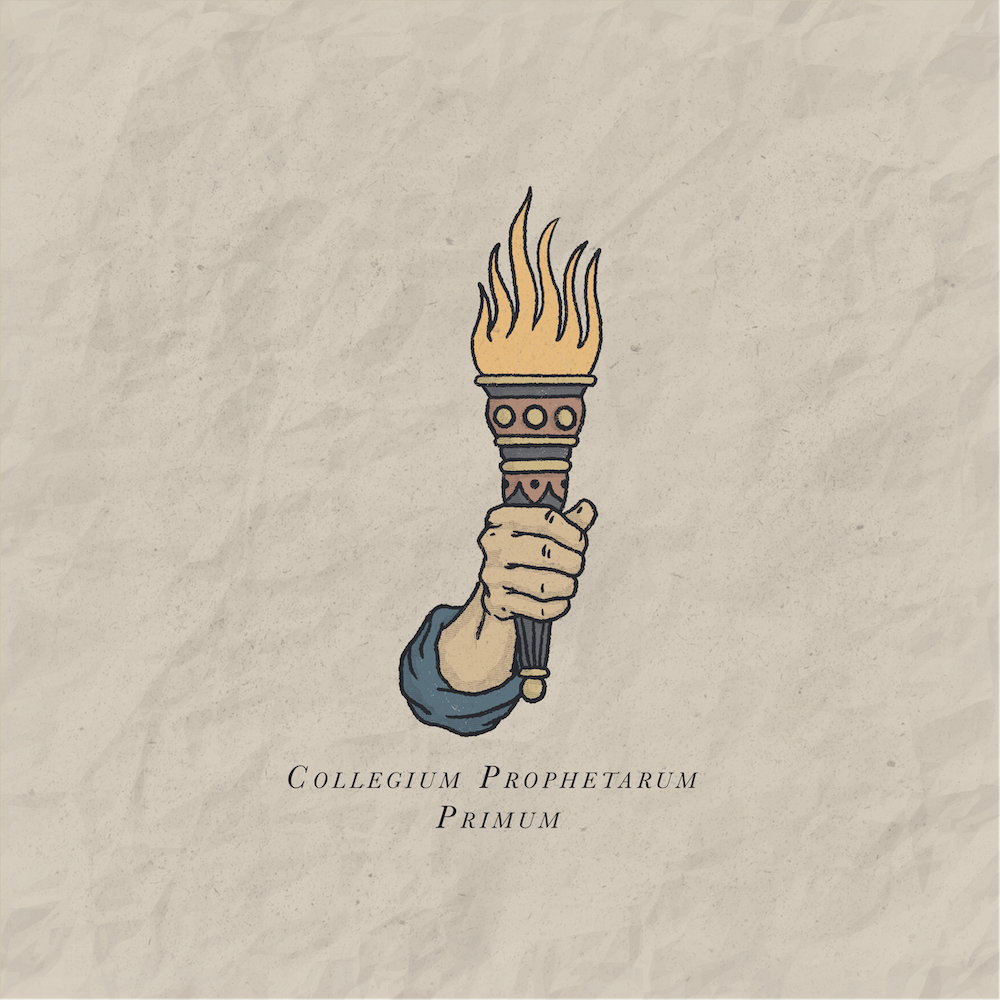
School of the Prophets I
This course is an introduction to the New Testament gift of prophecy as well as its current use in the Church. In the course work, students will examine the role of prophecy in early Christianity.
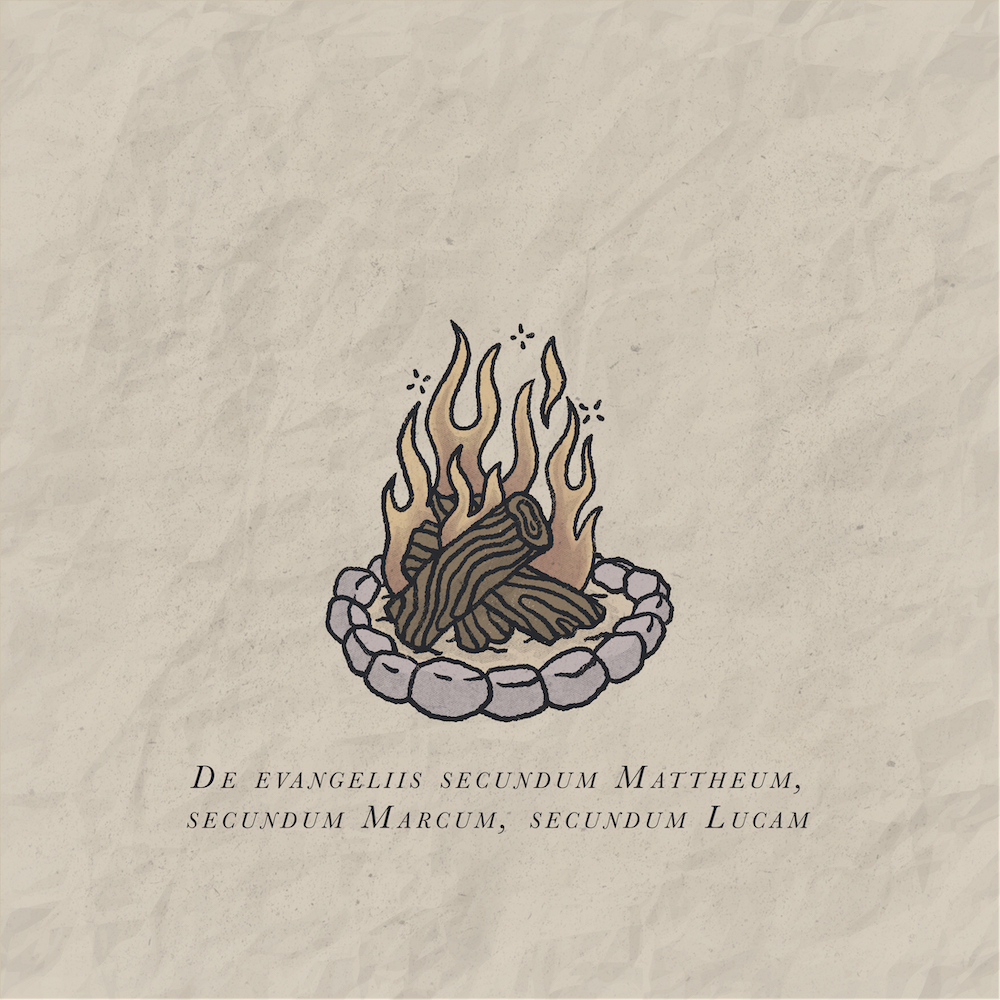
Synoptics
This course is a survey of the canonical New Testament Synoptic Gospels of Matthew, Mark, and Luke that address both the uniqueness and unity of these Gospels.
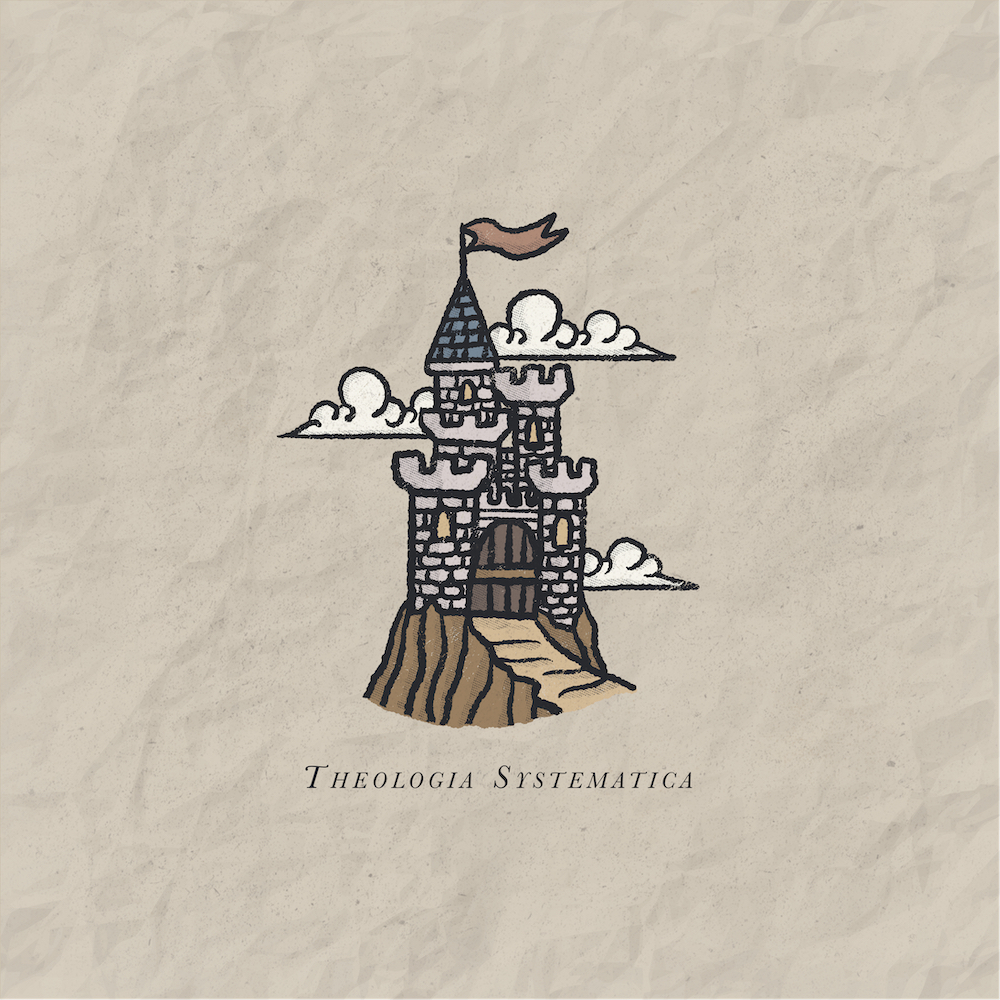
Systematic Theology
This course is an introduction to an evangelical approach to systematic theology which focuses on orienting the student to the essential doctrines of the Christian faith arranged as a systematic whole.
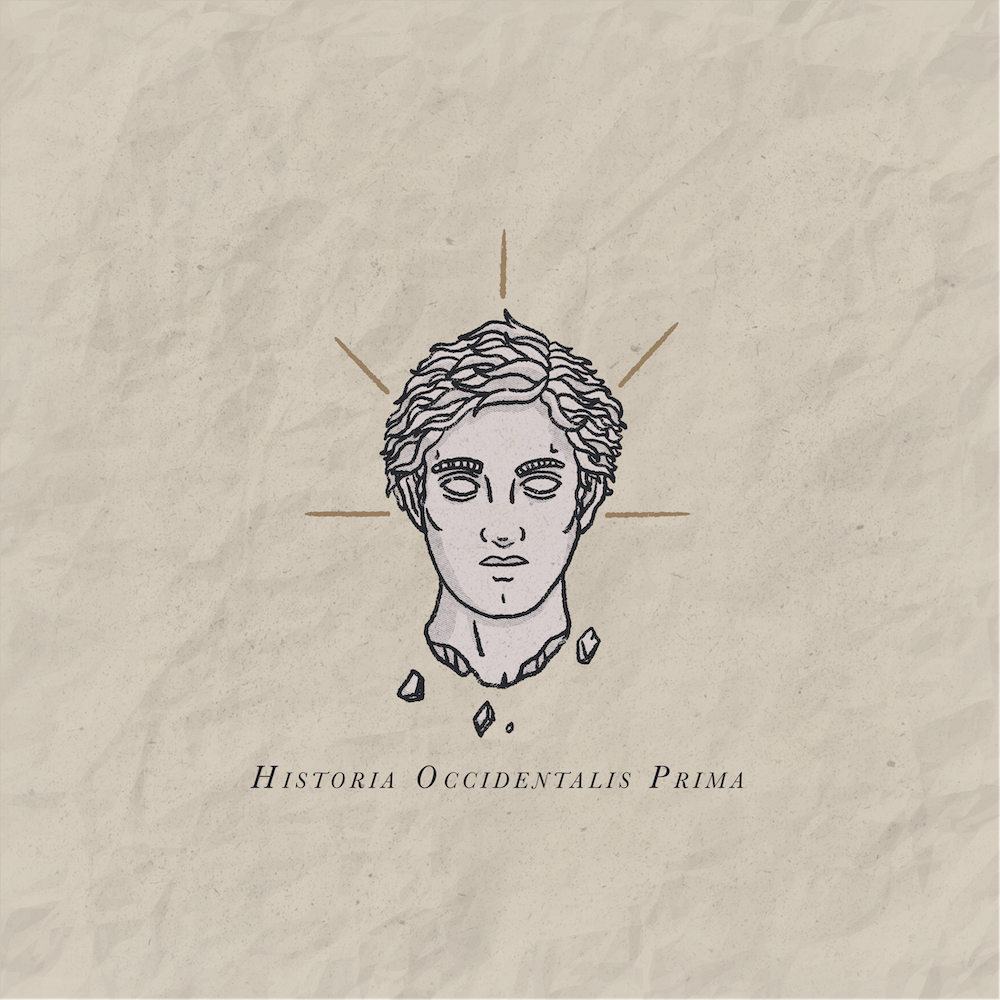
Western Civilization I
This course introduces students to the foundational texts, ideas, and historical movements that shaped the early Western tradition. Moving chronologically from ancient Greece through the Roman Republic and into the early imperial world, students will read and interpret primary sources that have defined Western thought. Emphasis is placed on critical engagement with classical texts, understanding the historical and philosophical contexts that produced them, and tracing the early interactions between Greco-Roman ideas and emerging Christian themes. Through close reading and analytical writing, students will develop their capacity for historical thinking, argumentation, and cultural reflection.
The course asks not only how Western civilization developed, but what moral and intellectual commitments gave it shape and what happens when those commitments are challenged.
